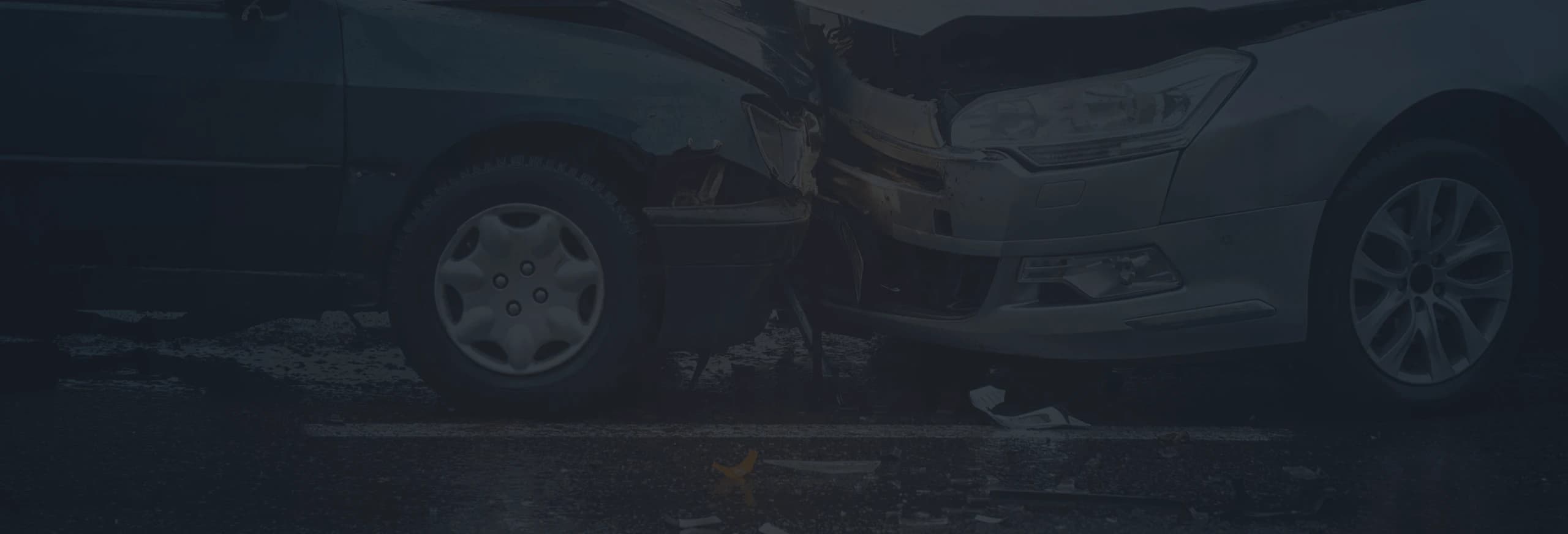
Articles for Personal Injury
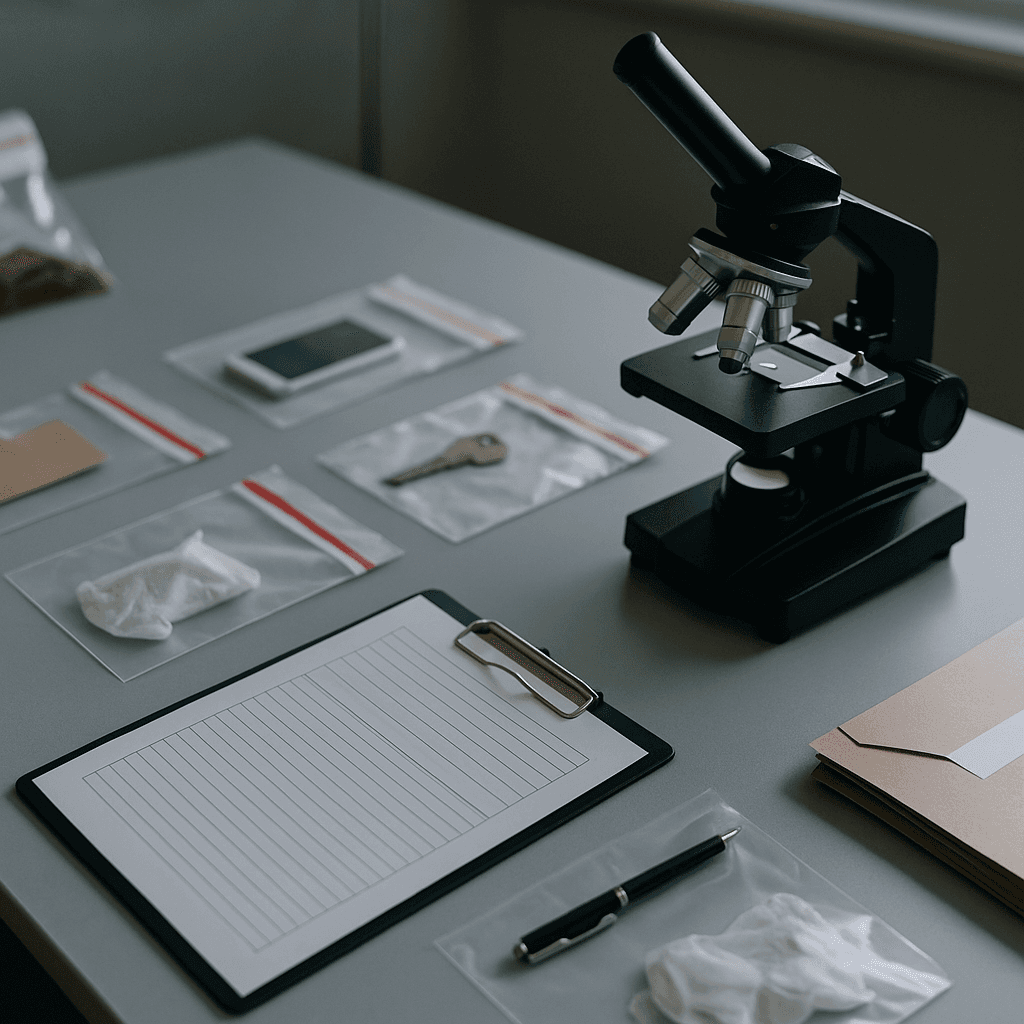
The Role of Expert Witnesses in Injury Litigation
Why Expert Witnesses Matter in Personal Injury Cases In personal injury litigation, facts alone are often not enough. While evidence like medical records, photographs, and witness statements paint part of the picture, juries and insurance companies frequently need context and explanation to understand the full scope of an injury and its impact. This is where expert witnesses play a pivotal role. Expert witnesses are professionals—often doctors, engineers, economists, or accident reconstruction specialists—who provide testimony based on their specialized knowledge. Their objective is not to advocate for one side but to clarify complex issues that require professional interpretation. In many cases, their opinions help bridge the gap between evidence and understanding, making them critical to achieving fair compensation.

What to Expect During Your First Meeting With a Personal Injury Attorney
Making the Decision to Meet With an Attorney After an accident, many people hesitate before contacting a lawyer, often because of misconceptions about what that first meeting entails. Some fear it will be overwhelming, expensive, or unnecessary if the insurance company seems cooperative. In reality, the first consultation is a chance to gain clarity—not pressure. It's an opportunity to understand your rights, evaluate your case, and decide on the best path forward. This initial meeting sets the tone for your entire claim. It helps establish trust, outlines expectations, and ensures your attorney has the information needed to begin building your case. Dispelling common misunderstandings about personal injury claims—like the idea that all lawsuits are drawn out or overly complicated—can make this process feel less intimidating. It's important to remember that these assumptions are rarely accurate and often based on common myths about personal injury lawsuits rather than reality. Understanding the truth about how these cases work empowers you to approach your first meeting with confidence and preparedness.

The Importance of Medical Documentation in Your Claim
Why Medical Documentation Is the Backbone of Your Case In personal injury law, medical documentation is one of the most vital components of a successful claim. It is the tangible proof that connects your injuries to the negligent actions of another party. From initial emergency room visits to follow-up treatments and rehabilitation, every record builds the story of what happened and how it affected your life. Accurate and detailed medical records do more than validate your pain—they quantify it. They help determine the severity of the injury, its long-term impact, and the cost of recovery. Without them, it becomes difficult to prove how an accident caused harm or to justify the compensation you deserve. Insurance companies and courts rely heavily on this evidence to assess both liability and damages, making thorough documentation essential from the very beginning.

What Happens During Discovery in a Personal Injury Lawsuit
The Discovery Phase: The Heart of a Lawsuit Once a personal injury case moves beyond the initial filing, it enters a crucial phase known as discovery. This is where both sides gather, exchange, and analyze evidence to understand the strengths and weaknesses of their positions. Discovery is often the longest part of the lawsuit process—and for good reason. It lays the groundwork for settlement negotiations or trial preparation by revealing every detail relevant to the claim. During discovery, each side is entitled to access information the other possesses, as long as it's relevant to the case. This process ensures transparency and fairness, preventing any party from hiding facts that could affect the outcome. Understanding what happens during this stage helps victims appreciate how a personal injury case is built, step by step.
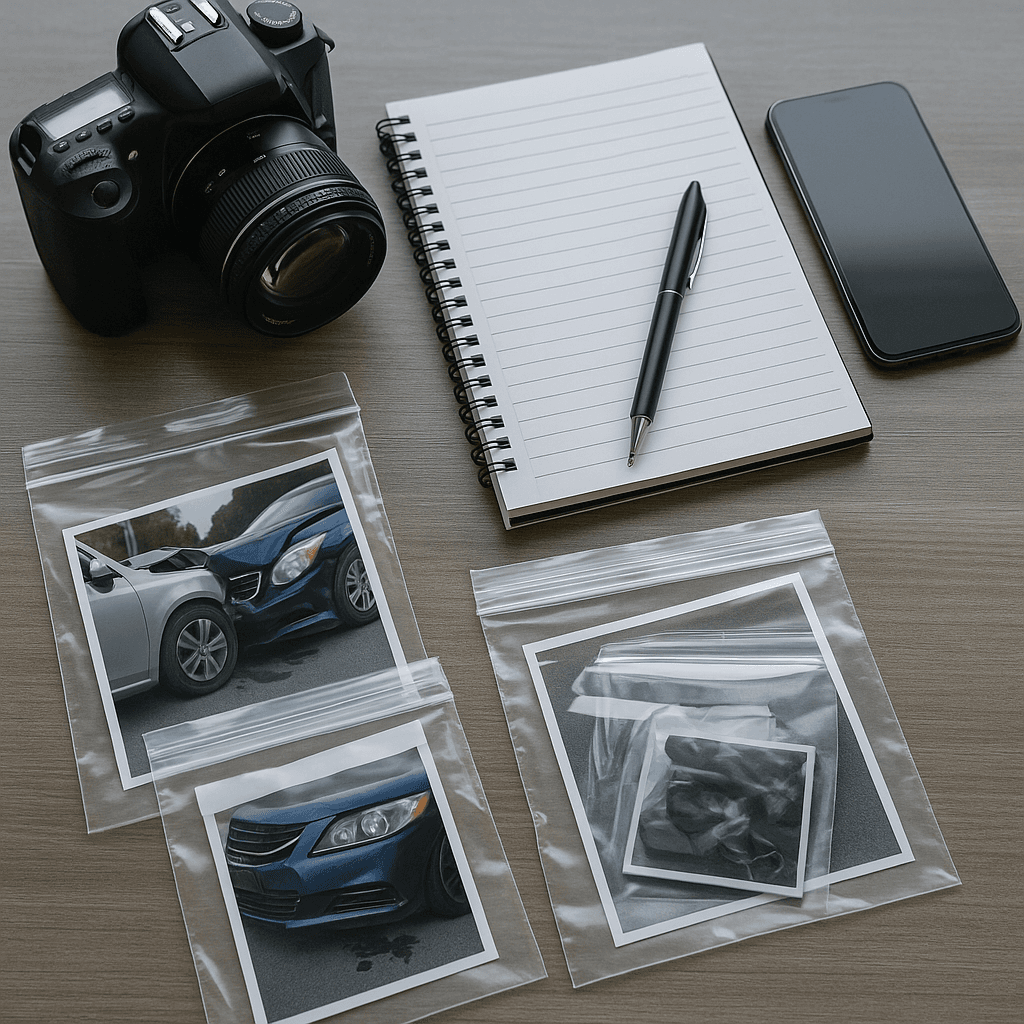
Evidence That Can Make or Break Your Claim
Why Evidence Is the Cornerstone of a Personal Injury Case Every personal injury case depends on one thing above all else—evidence. No matter how severe your injuries or how clear the other party's fault may seem, you must be able to prove it. The strength and quality of your evidence determine whether your case succeeds or fails, whether your claim settles quickly, or whether it faces costly delays and disputes. Evidence is what turns a personal account into a legal argument. It transforms your story from an allegation into a documented claim that the court and insurance companies must take seriously. From photos and police reports to medical documentation and expert testimony, each piece builds the foundation for fair compensation. Working with an experienced personal injury lawyer ensures that the right evidence is gathered, preserved, and presented effectively.
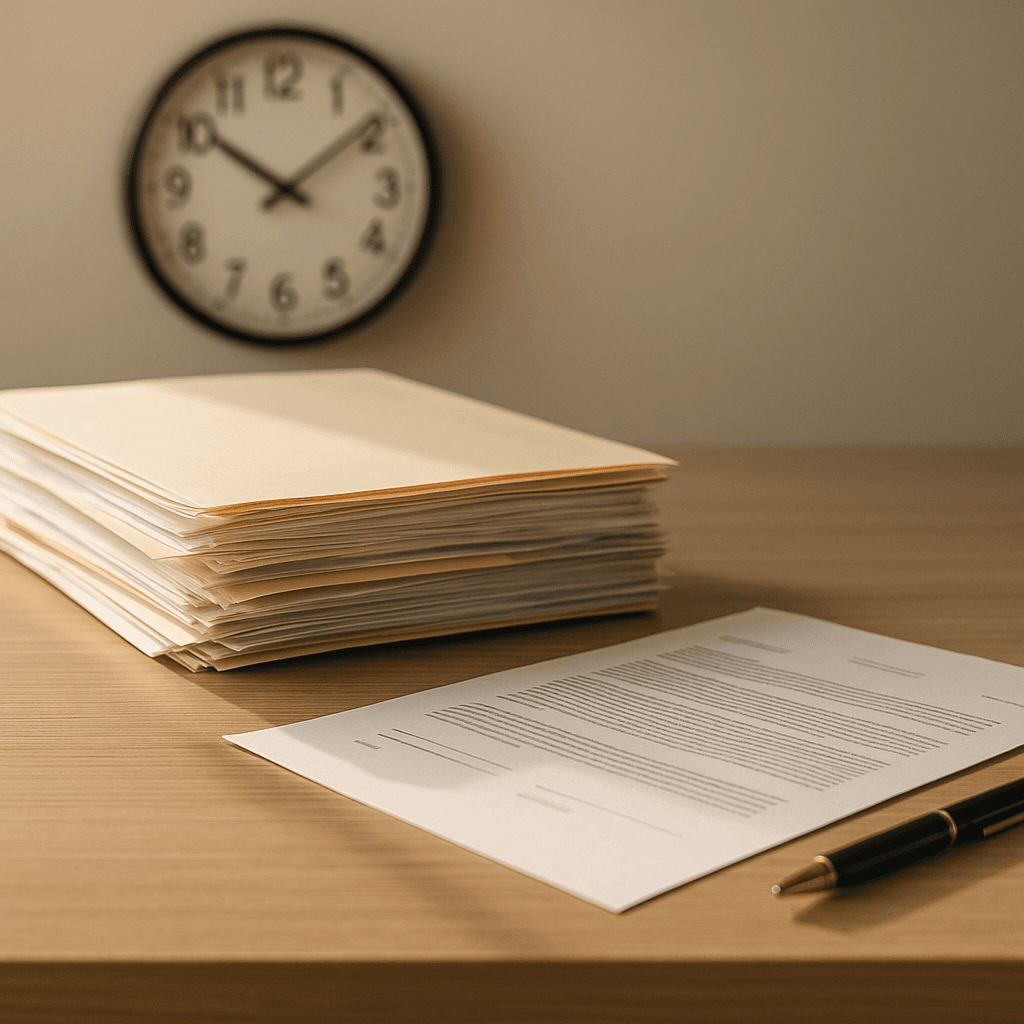
The Timeline of a Personal Injury Case: From Accident to Settlement
The First Moments After an Accident A personal injury case begins the moment an accident occurs. Whether it's a car crash, a slip and fall, or another unexpected event, the first steps you take can have a significant impact on your case later. Immediate medical attention should always be the top priority, both for your health and to document your injuries. After ensuring safety, gathering details—such as photographs, witness information, and police reports—helps build the foundation of your claim. What many people don't realize is that every injury case revolves around the concept of duty of care, the legal responsibility one person owes another to act reasonably and prevent harm. For instance, drivers have a duty to operate vehicles safely, and property owners must maintain safe environments. When this duty is violated, the negligent party becomes liable for resulting damages. Understanding how this obligation shapes every stage of a claim helps victims appreciate why early documentation and evidence matter so much. The importance of this foundational concept is reflected in how the duty of care defines accountability and responsibility, as outlined in understanding the duty of care in personal injury law.
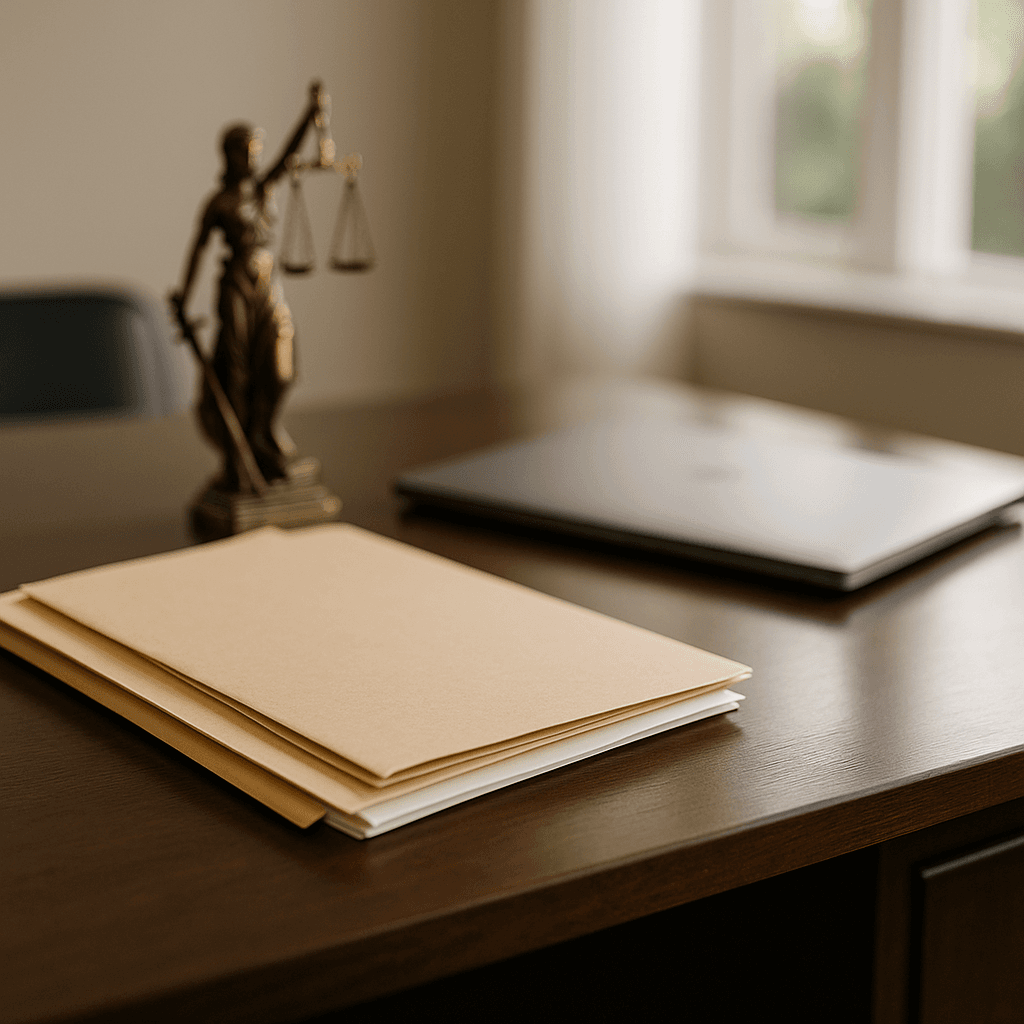
Common Myths About Personal Injury Lawsuits
Why Misconceptions Persist About Personal Injury Cases When people hear about personal injury lawsuits, they often rely on secondhand stories, exaggerated news reports, or television portrayals. These sources create persistent myths about how the legal process actually works. Many accident victims delay or avoid filing claims altogether because of misinformation about what pursuing compensation entails. In reality, personal injury law exists to help people rebuild their lives after suffering harm due to someone else's negligence. It isn't about exploiting the system—it's about accountability and fairness. Understanding how these cases really work can make the process less intimidating and help victims make informed decisions about protecting their rights. A qualified personal injury lawyer can provide the clarity and guidance needed to separate fact from fiction and ensure a fair outcome.

Understanding Causation: Linking Negligence to Your Injury
What Causation Means in Personal Injury Law In personal injury law, causation serves as the critical link between negligence and the resulting harm. It's not enough to prove that someone acted carelessly; you must also show that their conduct directly caused your injury. This connection is what turns a simple accident into a legal claim for compensation. Without causation, even a clear act of negligence may not lead to liability. There are two forms of causation that courts consider: cause in fact and proximate cause. The first asks whether the injury would have occurred "but for" the defendant's actions. The second examines whether the harm was a foreseeable result of those actions. Together, these principles establish responsibility and ensure that only reasonable, predictable consequences are compensated.

The Difference Between Negligence and Recklessness
Understanding the Distinction In personal injury law, one of the most critical distinctions to understand is the difference between negligence and recklessness. These two legal concepts often appear similar—both involve harm caused by someone's actions—but the key difference lies in intent and awareness. Negligence occurs when someone fails to exercise reasonable care, resulting in unintended harm. Recklessness, on the other hand, involves a conscious disregard for the safety of others. Consider two drivers: one accidentally runs a stop sign because they were momentarily distracted, while another speeds through knowing the danger but doing it anyway. The first driver is negligent; the second is reckless. Both can be held legally liable, but the level of fault and potential damages can differ significantly. Understanding this distinction can help victims better evaluate their rights and potential claims.
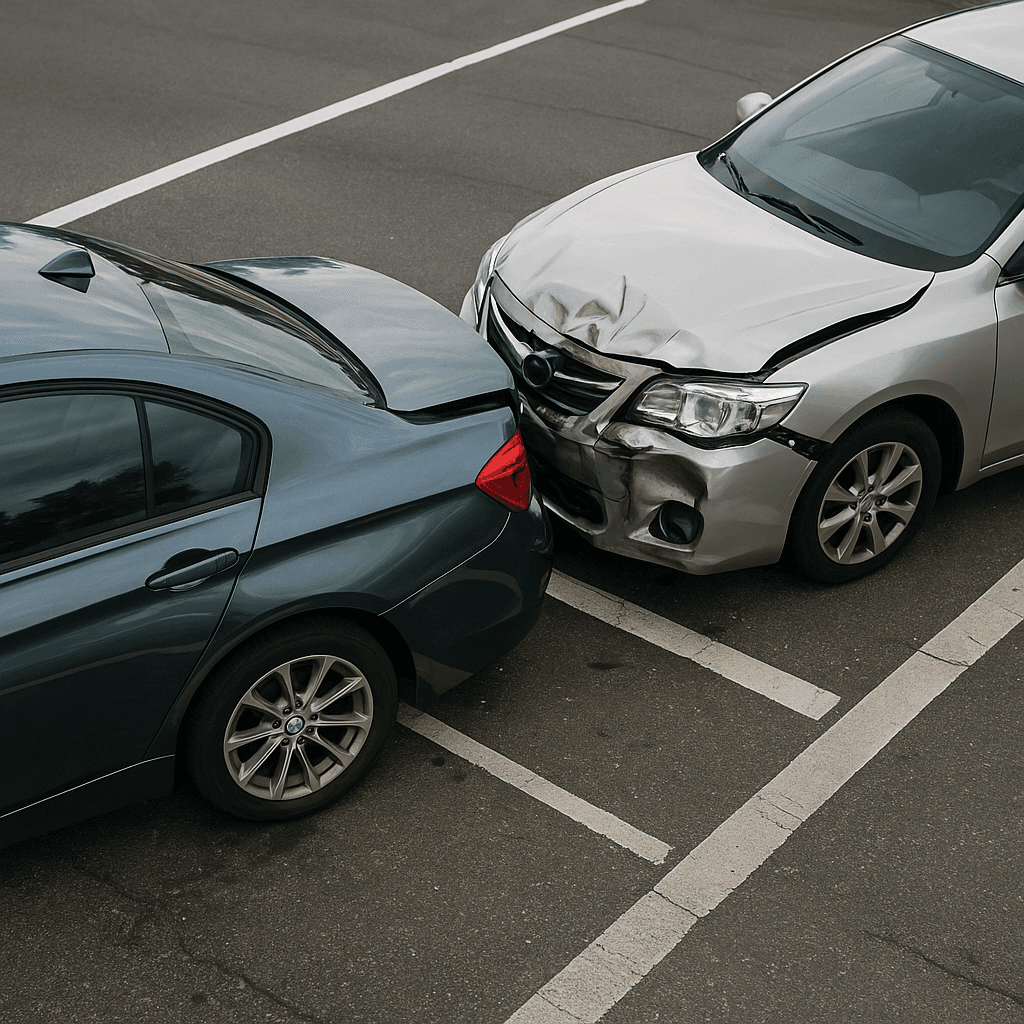
How Comparative Fault Can Impact Your Settlement
The Principle of Comparative Fault In personal injury law, comparative fault—also known as shared liability—determines how responsibility for an accident is divided among the parties involved. Instead of viewing blame as all-or-nothing, this principle acknowledges that more than one person's actions can contribute to an injury. For example, if two drivers collide at an intersection, both may have acted negligently—perhaps one was speeding while the other failed to yield. In such cases, compensation is adjusted based on each person's percentage of fault. This system aims to ensure fairness, but it can also significantly affect how much compensation an injured person ultimately receives. Understanding comparative fault is crucial for anyone pursuing a personal injury claim, as even a small finding of shared responsibility can reduce the settlement amount. A skilled personal injury lawyer helps clients navigate these complex laws, ensuring that fault is accurately assessed and the injured party's rights remain protected.
Get an agent on the line in seconds
Responsive
Legal Assistance
Our personal injury attorneys advocate for the funds necessary to cover bills, secure medical treatment, recoup lost wages, and provide compensation for your pain and suffering.
Are you facing unfair treatment from the insurance company?
Do you know the value of your case?
Is the insurance company asserting that the accident is your responsibility?

We'll get back to you ASAP.
Get Your Free Consultation
You Pay Nothing Unless We Recover Compensation For You
